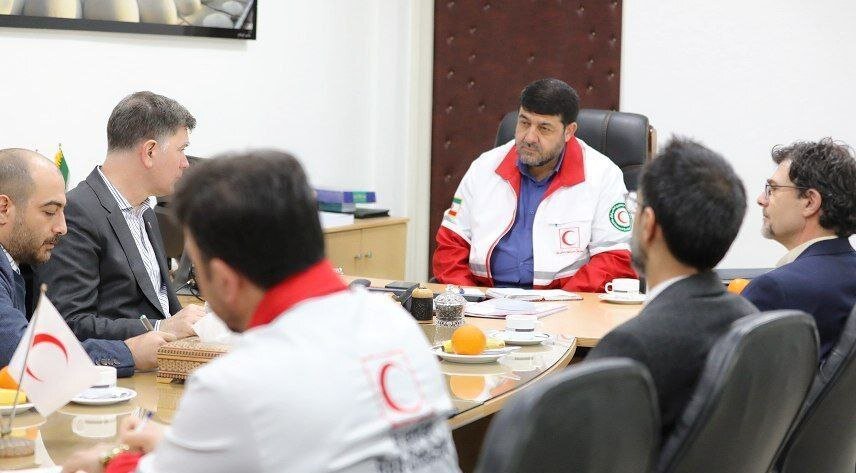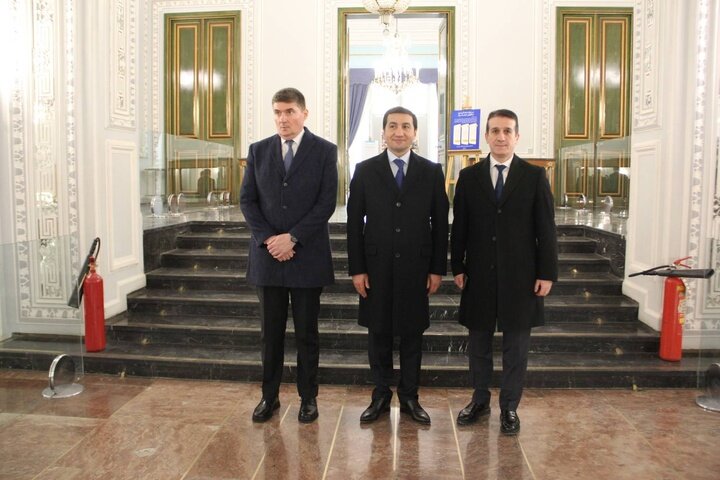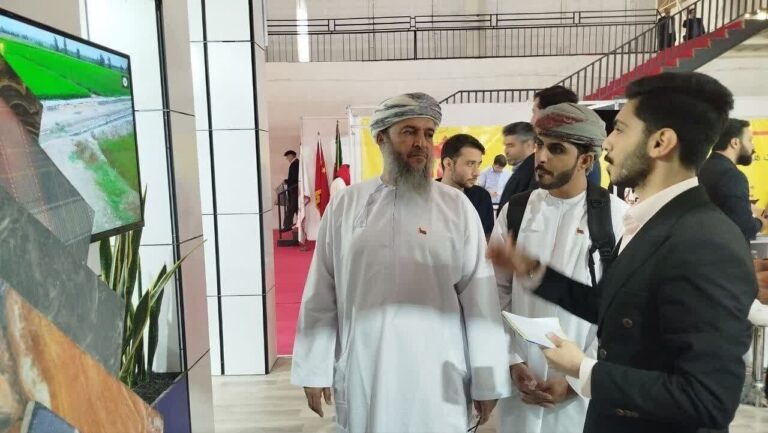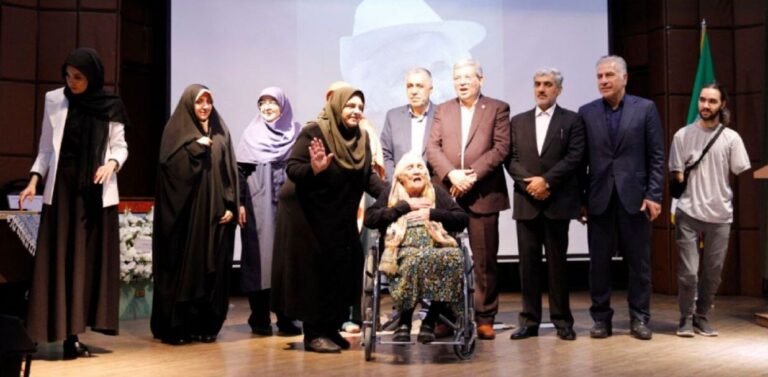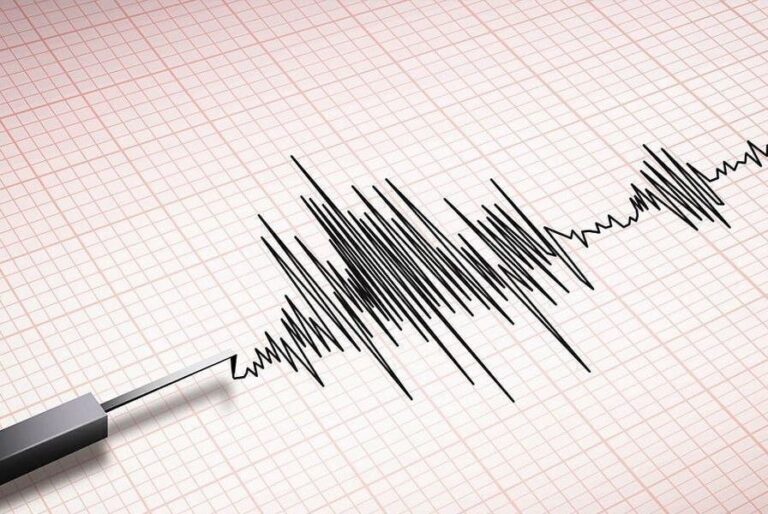IRCS and ICRC Join Forces to Launch Rehabilitation Services Secretariat in Tehran
The Iranian Red Crescent Society (IRCS) and the International Committee of the Red Cross (ICRC) have taken a significant step towards enhancing rehabilitation services in Iran by agreeing to establish a joint secretariat in Tehran. This initiative aims to address the growing need for rehabilitation services in the country due to the impacts of war and other accidents. During a recent meeting in Tehran, key figures from both organizations discussed the upcoming international conference on physical disability and rehabilitation.
Pirhossein Kolivand, the head of the IRCS, emphasized the importance of rehabilitation as a crucial component of universal health coverage. He stated, “Due to war and other accidents, rehabilitation services are greatly needed in the country. That’s why the Society started providing rehabilitation services and manufacturing prostheses and orthotics. Currently, 200 rehabilitation centers are operating in Iran, and the conference will focus on the activities of these centers.”
This meeting is expected to spotlight modern initiatives and strategies, policymaking, and macro planning in the rehabilitation sector. Kolivand also stressed the necessity of increasing public awareness about rehabilitation services. The IRCS website reported his comments on the importance of utilizing artificial intelligence and new technologies in rehabilitation, fostering collaboration among national societies, and developing new products for global solidarity in providing rehabilitation services.
“We look forward to expanding international collaborations. It is essential to establish a secretariat to follow up on the issues. We will do our best to help those who need rehabilitation services,” Kolivand added.
François Friedel, the head of ICRC physical rehabilitation, shared insights on the social and psychological aspects of rehabilitation. He stated, “Social and psychological aspects of rehabilitation are highly important. Undoubtedly, the establishment of the secretariat in Tehran can help address the problems and enhance cooperation among societies. The issue of rehabilitation is important for the International Red Cross Committee, and we are ready to cooperate with the Iranian Red Crescent Society in this field.”
Strengthening Rehabilitation Ties
In January, Vincent Cassard, the ICRC representative in Iran, emphasized the need for enhanced cooperation in humanitarian sectors, focusing particularly on rehabilitation and mental health. He remarked, “The cooperation in rehabilitation and mental health fields has progressed well so far, and we believe that it will provide suitable and effective platforms for enhanced collaborations between the two sides,” as quoted by IRNA.
This statement was made during a meeting with Razieh Alishvandi, director of the IRCS for international affairs. Cassard also expressed the ICRC’s readiness to expand collaborations in family reunification, which he identified as a key priority that could significantly alleviate the pain of families affected by crises.
Highlighting the joint courses held on the fundamentals of the ICRC and IRCS, Cassard expressed enthusiasm for similar educational cooperation in the future. He praised the IRCS for its efforts in providing relief services to war-affected communities, particularly in Gaza and Lebanon, as well as for Syrian refugees. He announced the ICRC’s readiness to enhance cooperation with the IRCS in delivering humanitarian protection to Syrian refugees.
Commitment to Humanitarian Aid
Razieh Alishvandi reiterated the IRCS’s commitment to promoting cooperation across various humanitarian fields, including rehabilitation, to improve living conditions for those in need. She stated, “The IRCS is providing rehabilitation services both nationally and globally. These services are provided in cooperation with the ICRC in the eastern provinces of the country which are mainly hosting immigrants.”
Alishvandi also addressed the challenges faced by Syrian and Lebanese refugees, requesting ICRC support in assisting war victims in the region. She affirmed, “Along with our international colleagues, we have always done our best to fulfill our humanitarian duties by assisting those in need and those affected by crises, regardless of geographical borders.”
The establishment of a joint secretariat for rehabilitation services in Tehran marks a crucial development for both the IRCS and ICRC as they work together to address the pressing needs of affected populations. This collaboration aims not only to strengthen the existing rehabilitation framework but also to foster innovative solutions and approaches that incorporate modern technology and community involvement.
As the IRCS and ICRC move forward with their plans, the focus will remain on enhancing the quality and accessibility of rehabilitation services across Iran. This partnership will serve as a vital resource for individuals requiring rehabilitation support, ensuring that they receive the necessary care and assistance.
In conclusion, the collaborative efforts between the IRCS and ICRC demonstrate a unified commitment to improving rehabilitation services in Iran and beyond. By working together, these organizations aim to create a more effective and compassionate framework for addressing the needs of those affected by crises, ultimately fostering resilience and recovery in the communities they serve.
